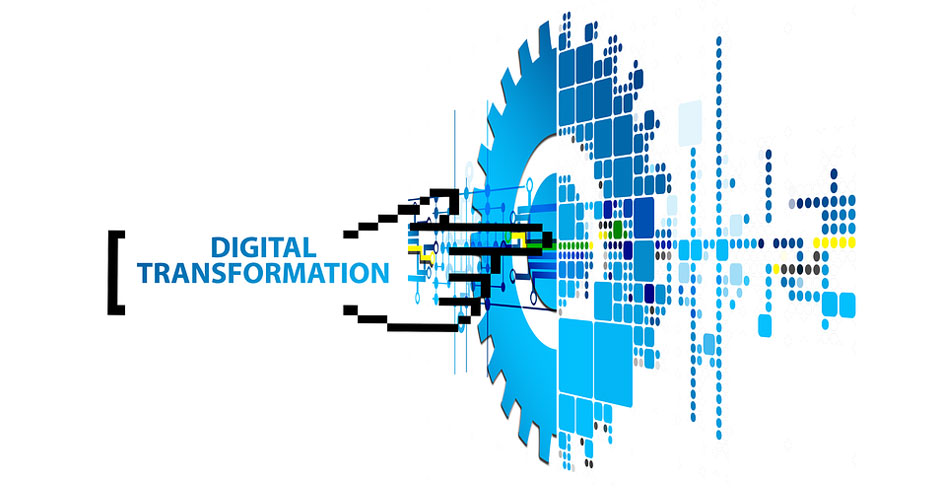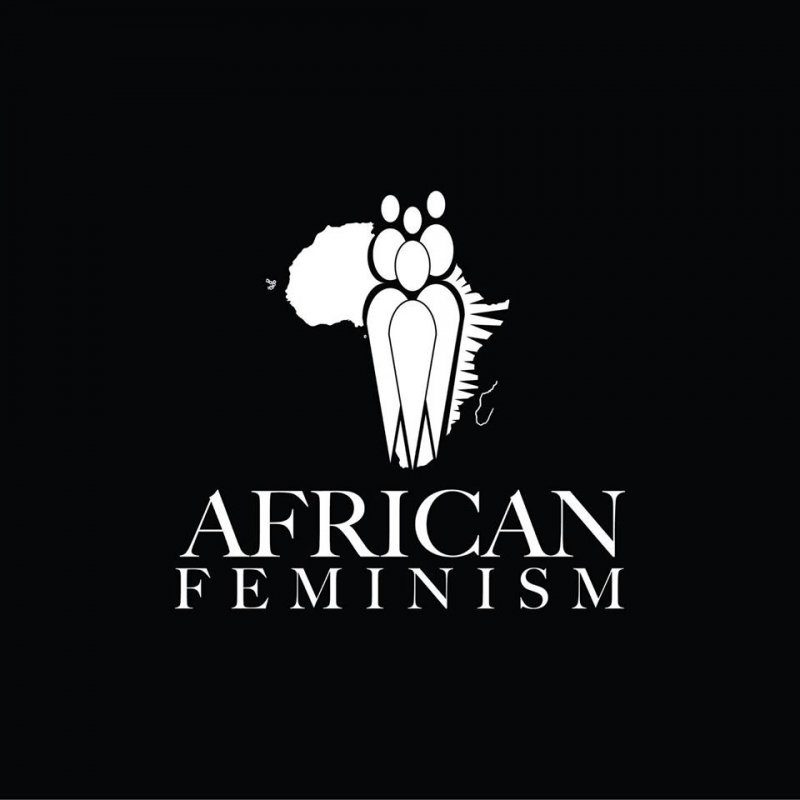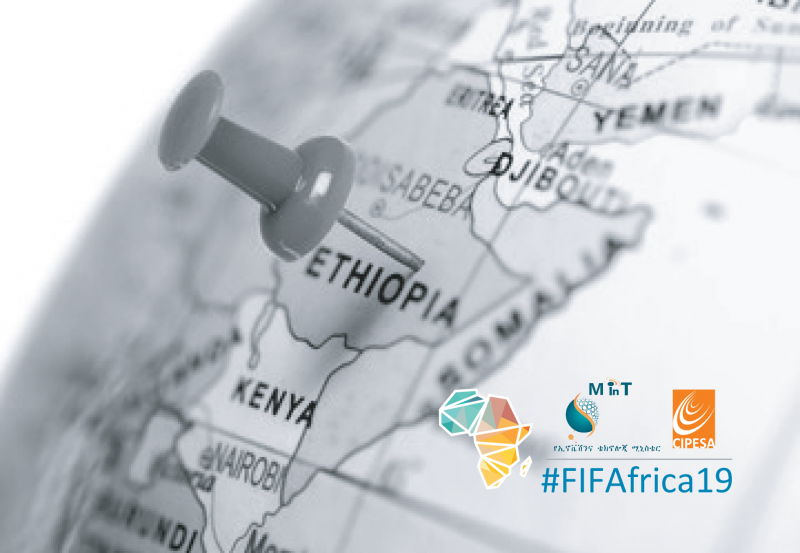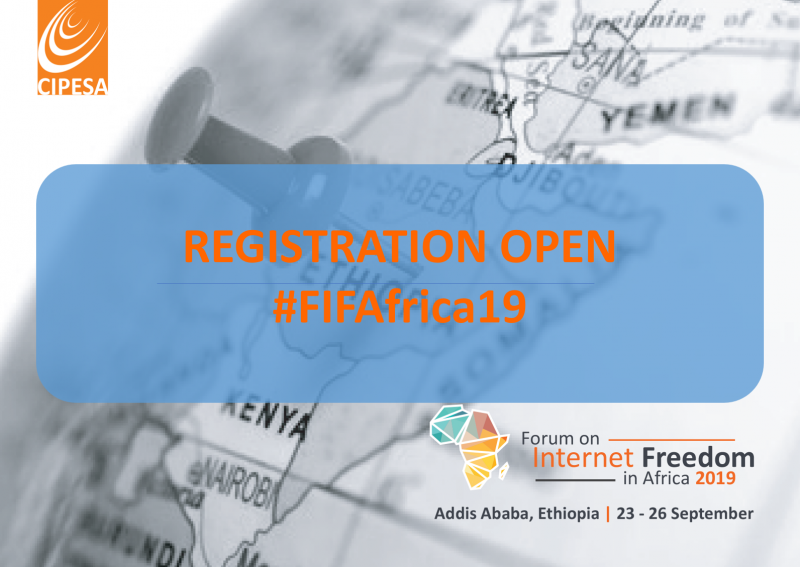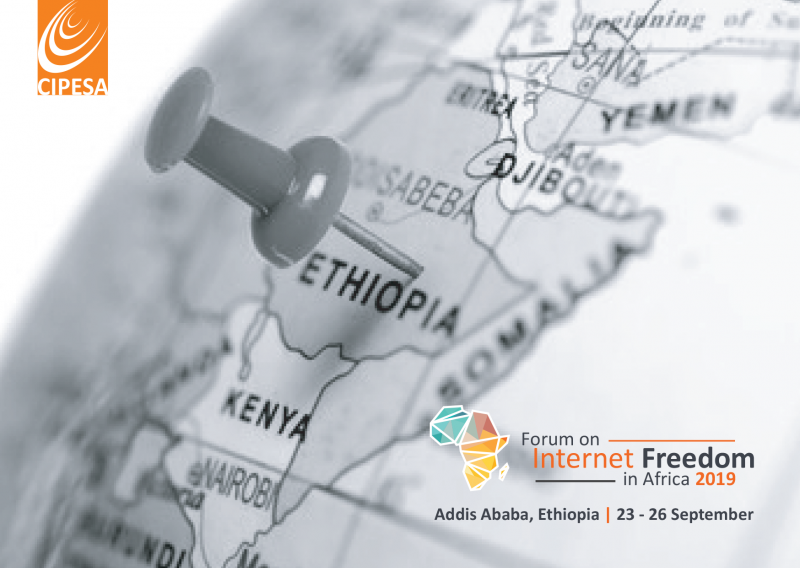Announcement |
The annual Forum on Internet Freedom in Africa (FIFAfrica) will this year be hosted by the Collaboration on International ICT Policy for East and Southern Africa (CIPESA) alongside the Ethiopian Ministry of Innovation and Technology in Addis Ababa, Ethiopia. The partnership is part of the Ministry’s digital transformation efforts, and aims to engage stakeholders on strategies for harnessing the benefits of new technologies.
“We are thrilled to collaborate in hosting the 6th FIFAfrica in the diplomatic capital of Africa, Addis Ababa, Ethiopia. As a ministry we are working to ensure the country’s sustainable development through creating an ecosystem that harnesses innovation and transformation through technology. The internet is a space/platform where knowledge is created, developed and shared, where learning, imagination, networking, and connectivity flourishes. Thus, we believe in upholding digital/internet freedom for the development of the country,” stated the FDRE Ministry of Innovation and Technology.
The Ministry is working towards building a digital economy and society grounded on knowledge and technology and as such “values the power of knowledge, novel ideas, learning and the unlimited potential of virtual endeavors”.
As Ethiopia continues to embrace wide-ranging political and economic reforms, it is integral to ensure greater awareness within the country as well as beyond its borders of what the reforms mean to the potential of ICT as an enabler of democratic governance and sustainable development. Indeed, FIFAfrica19 will be among recent strategic convenings in Ethiopia related to broadening the range of freedoms enjoyed by citizens online and offline, such as the World Press Freedom day commemoration last May.
FIFAfrica responds to rising challenges to the enjoyment of digital rights in various countries, that undermine the potential of digital technology to drive socio-economic and political development on the continent. The annual convening offers a platform for critical engagement of diverse stakeholders on internet rights and freedoms and looks at them through the lens of policy, regulation, and governance.
In spite of challenges that still exist, including in governance and security, over the last one year, Ethiopia has made notable strides in improving the state of internet freedom, in ways which can be instructive for other African countries.
FIFAfrica 2019 will thus provide a platform for the exchange of knowledge, skills, advocacy efforts and policy agendas that can have an impact on digital rights and internet governance agenda among key actors including policy makers, regulators, human rights defenders, law enforcement representatives, and the media in Ethiopia and Africa as a whole.
“The Forum is one of the few gatherings that assemble an African audience within the continent to discuss matters related to upholding internet freedom. We are pleased to co-host this edition of FIFAfrica with a key player in the Ethiopian telecommunications landscape. Like many other African countries, Ethiopia is witnessing changing trends in ICT adoption and use for which the forum provides an opportune platform for deliberation and consultations on the implications of related policy and practice with a wide array of stakeholders,” said Dr. Wairagala Wakabi, CIPESA Executive Director.
Among the Ministry’s undertakings at FIFAfrica19 will be the hosting of a high level meeting of government officials within the auspices of the ICT committee at the African Union (AU) to discuss some of the reigning concerns and initiatives related to innovation ecosystems, data protection and privacy, access and affordability, diversity and inclusion, network disruptions, and access to information, among others.
Hosting FIFAfrica19 in Addis Ababa will this year mark its return to East Africa since 2016 – in keeping with the stride of expanding the conversation, as well as knowledge and skills development to different parts of the continent. The 2018 edition was hosted in Ghana, while the 2017 was hosted in South Africa. Other editions since 2014 were hosted in Uganda.
FIFAfrica19 will be hosted at the Skylight Hotel in Addis Ababa, and is expected to assemble at least 300 participants from across the continent and beyond.
Social Media | Follow @cipesaug on Twitter for updates on the forum. Use the hashtags #FIFAfrica19 and #InternetFreedomAfrica to share your vision for digital rights in Africa

